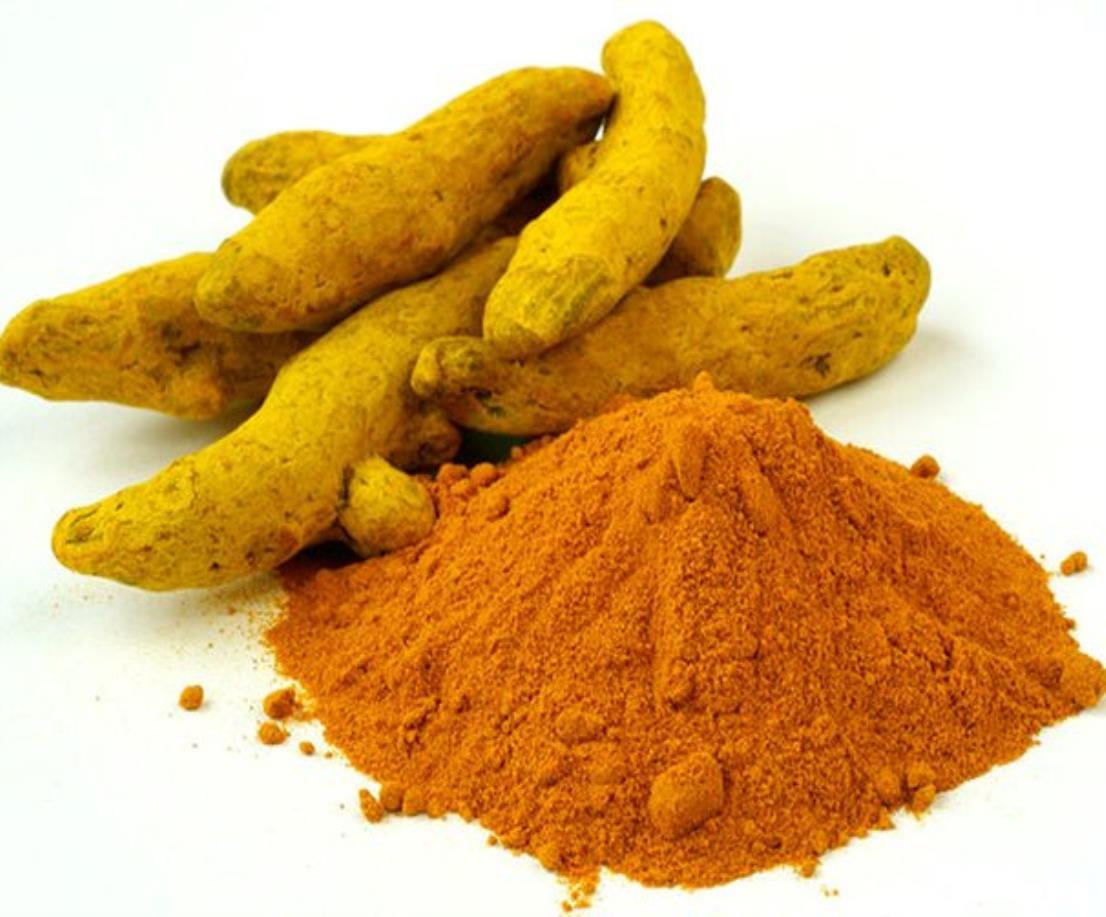
Shrimp is one of the most widely used seafoods in cooking, but it may also prove to be one of the most dangerous due to the presence of pathogens resistant to antibiotics.
The Canadian Broadcasting Corporation (CBC) discovered this concerning issue by looking at 51 packages of imported shrimp sold in Canadian groceries. CBC reporters purchased shrimp from supermarkets in different parts of the country. The imported shrimp that came with organic labels and Best Aquaculture Practices (BAP) certifications were then sent to a laboratory at the University of Saskatchewan (USask) to be tested for dangerous bacteria.
While Canada has banned the use of antibiotics on shrimp, it imports the seafood from several countries in Asia, such as Vietnam, Thailand, China and India.
USask microbiologist Dr. Joseph Rubin tested the shrimp sent by CBC for different types of antibiotic-resistant bacteria and food-borne pathogens. These include Escherichia coli, Salmonella and Staphylococcus aureus which have the potential to become superbugs. Rubin, whose expertise is antimicrobial resistance, has a particular interest in the spread of superbugs from animals to humans via food contamination. (Related: Scientists link chemicals used on apples to the rise of a DRUG-RESISTANT pathogen that's plaguing healthcare facilities.)
The microbiologist returned rather concerning test results on the 51 imported shrimp packages. Three of the packages tested positive for bacteria that can produce extended-spectrum beta-lactamase (ESBL). ESBL-producing bacteria can create an enzyme that allows them to break down commonly used antibiotics – rendering common treatments ineffective.
Furthermore, two of the imported shrimp products sent to the lab contained multidrug-resistant S. aureus (MRSA). This pathogen is often resistant to many antibiotic treatments and requires much more powerful drugs to address.
Six of the nine shrimp products with drug-resistant bacteria had BAP certifications on the label, while one shrimp package from Vietnam that tested positive for ESBL-producing bacteria was labeled as organic.
India's overuse of antibiotics plays a role in shrimp superbugs
The testing conducted by Rubin found that shrimp from India had the highest percentage of antibiotic-resistant pathogens. Of the nine shrimp products with superbugs he tested – five came from India, two from China, one from Vietnam and one from Thailand. Canada imports about 700 million Canadian dollars ($555 million) worth of shrimp each year; imports from India comprise the lion's share, with 15 million kilograms (33 million pounds) in 2018 alone.
According to Rubin, fully cooking the shrimp should mitigate the risk of such pathogens. However, he warned that ESBL-producing bacteria and MRSA in uncooked shrimp could potentially undermine health. "Antibiotic-resistant bacteria, if ingested, can have the potential to share resistance genes with the other bacteria in [the] gut," explained the USask microbiologist.
The presence of drug-resistant pathogens in India's shrimp imports can be attributed to a spike in its use of antibiotics. A report by the Hindustan Times said antibiotic use in India more than doubled – from 3.2 billion defined daily doses (DDD) in 2000, this rose to 6.5 billion DDD in 2015. It cited "rising incomes, over-the-counter sales, a poorly regulated hospital sector, high rates of hospital infection, inexpensive antibiotics and frequent infectious disease outbreaks" as the main reasons for this overuse.
"Misuse and overuse of antibiotics have made once easily treatable bacterial infections harder and often impossible to cure because bacteria evolve rapidly to evade antibiotics, leading to drug resistance," added the Times.
"The background burden of bacterial infections and misuse [of antibiotics] for all fevers – regardless of whether they are caused by parasites, viruses or bacteria – is another major causal factor. Unless we improve regulation, we can expect that the resistance problem will get worse," said Ramanan Laxinarayan, the director of the Center for Disease Dynamics, Economics and Policy in Washington, D.C., which does research on public health issues.
Superbugs.news has more stories about drug-resistant pathogens in food.
Watch this video citing five examples of natural antibiotics that address superbugs like MRSA and ESBL-producing bacteria.
This video is from the Natural News channel on Brighteon.com.
More related stories:
BOMBSHELL: USDA turns a blind eye to meat supply contaminated with banned pharmaceutical drugs.
Deadly "black fungus" infection spreads among coronavirus patients in India.
Drug-resistant bacteria add another layer to India's coronavirus battle.
Sources include:
Please contact us for more information.





















